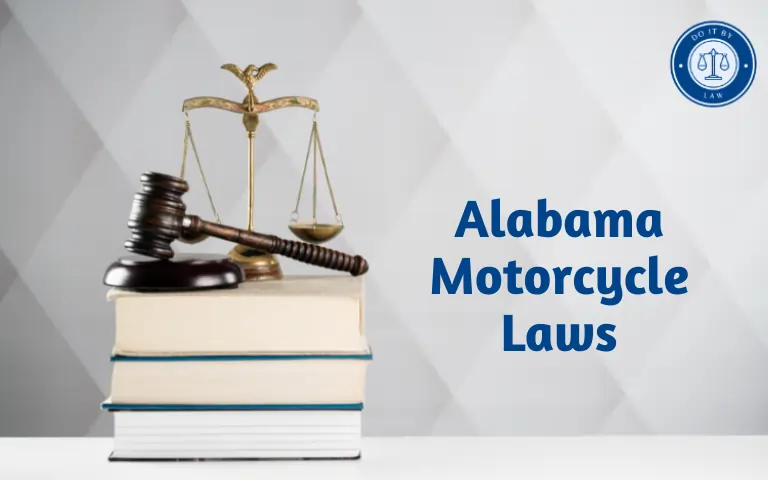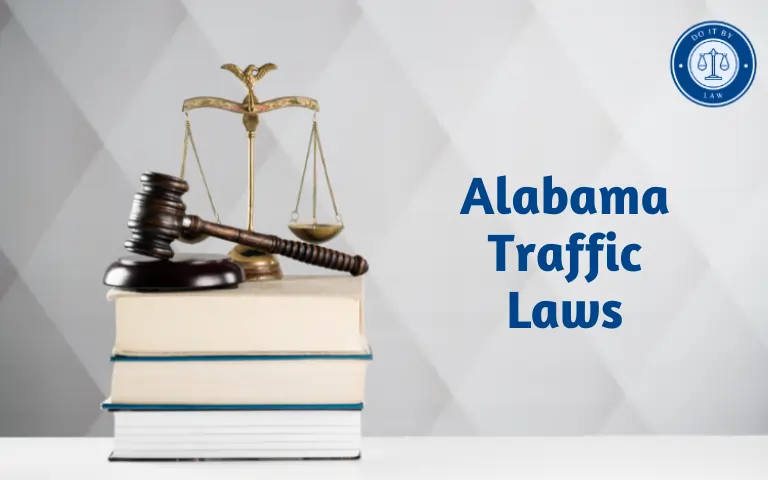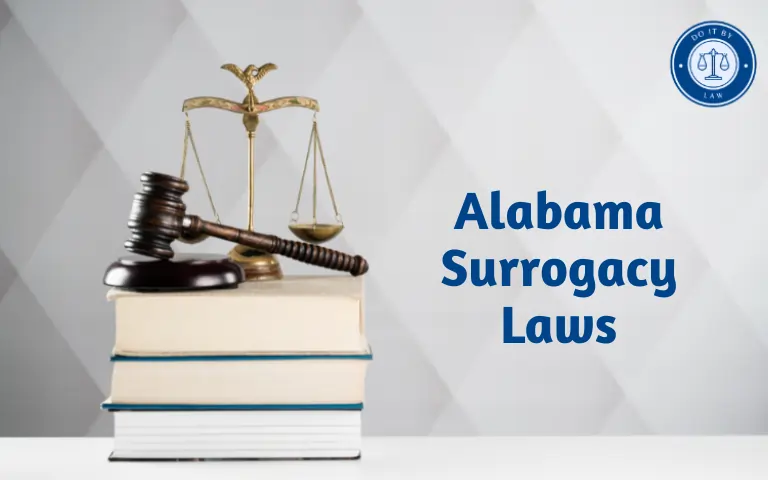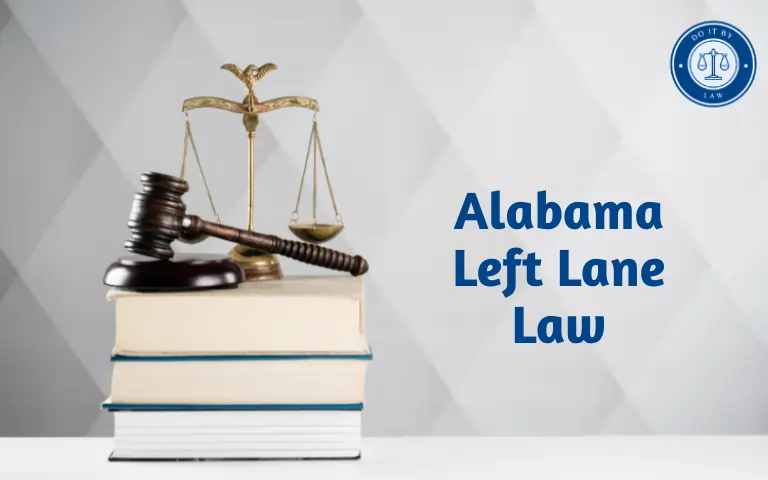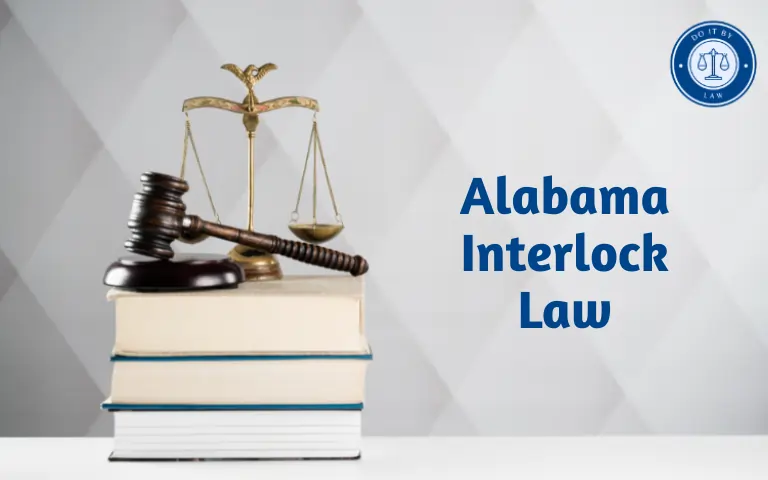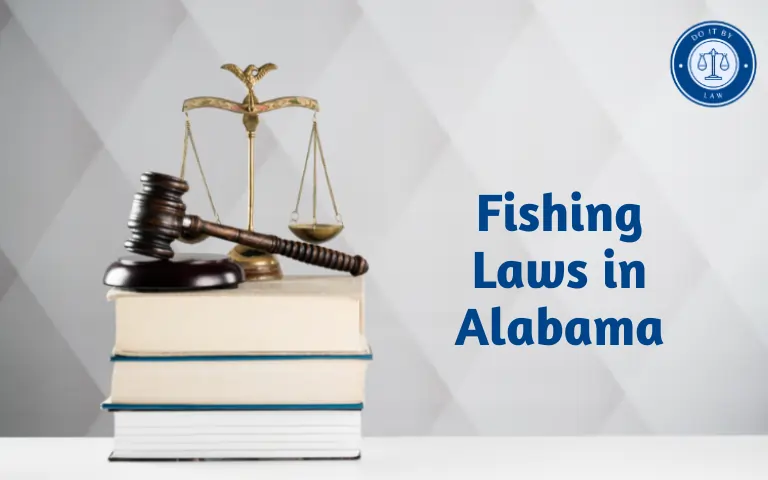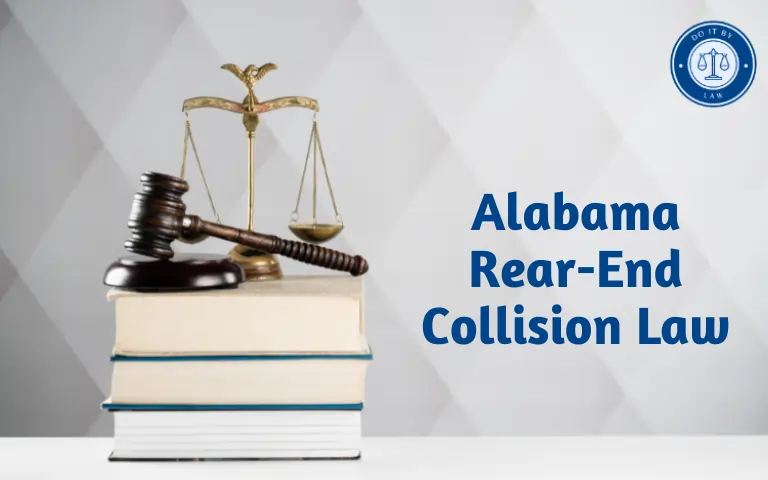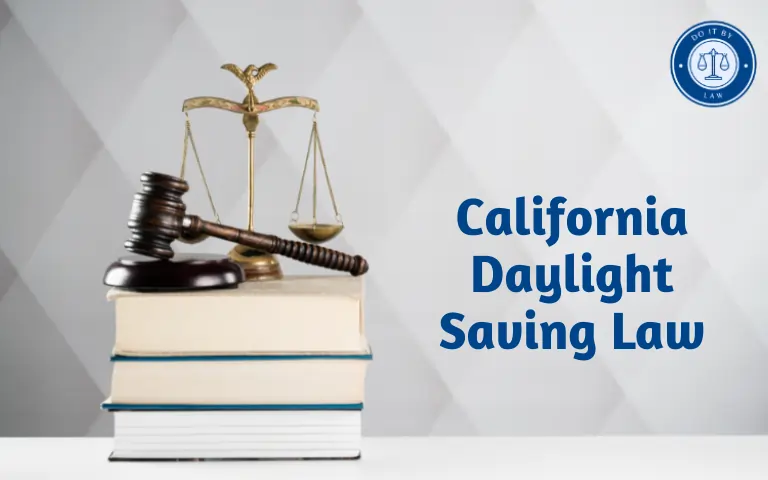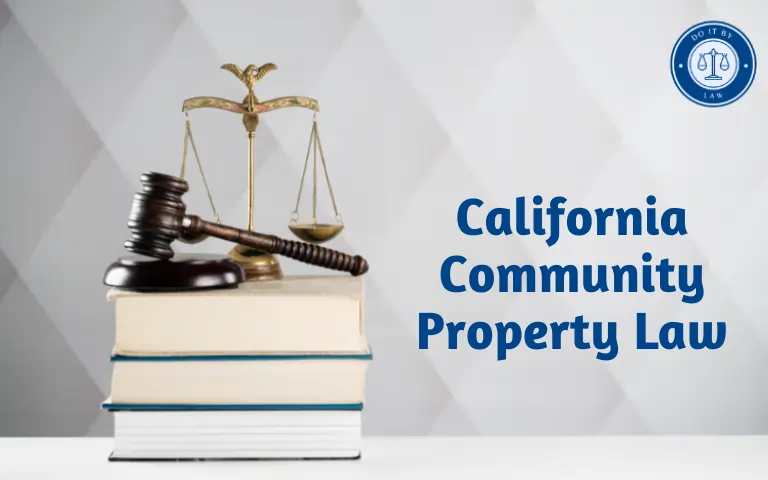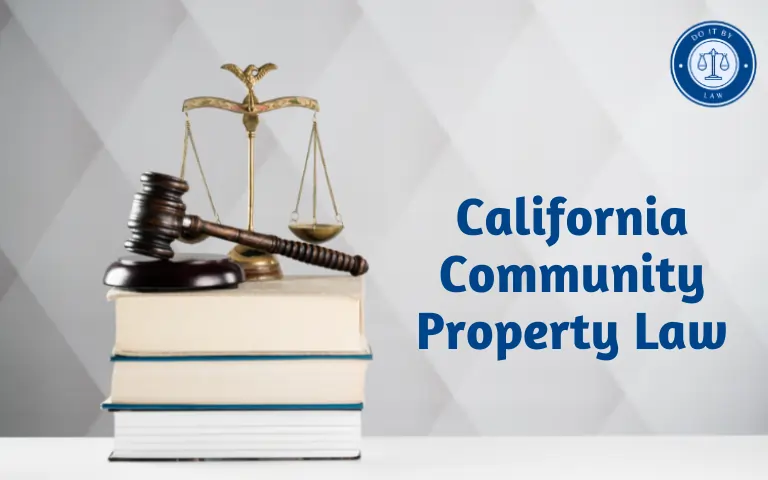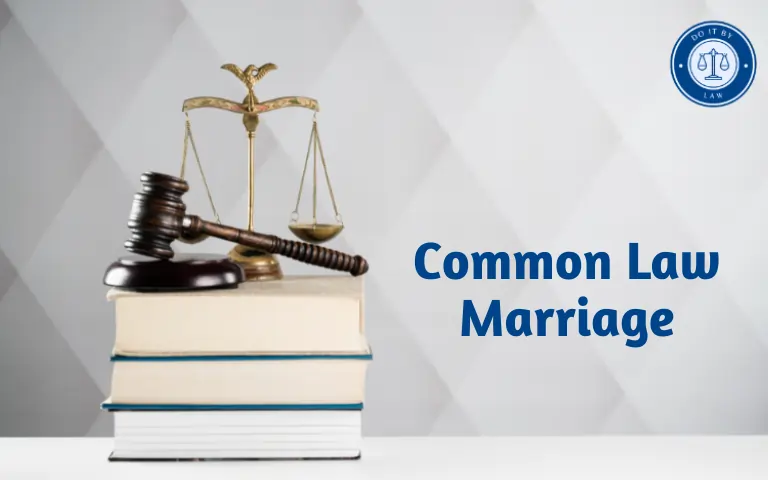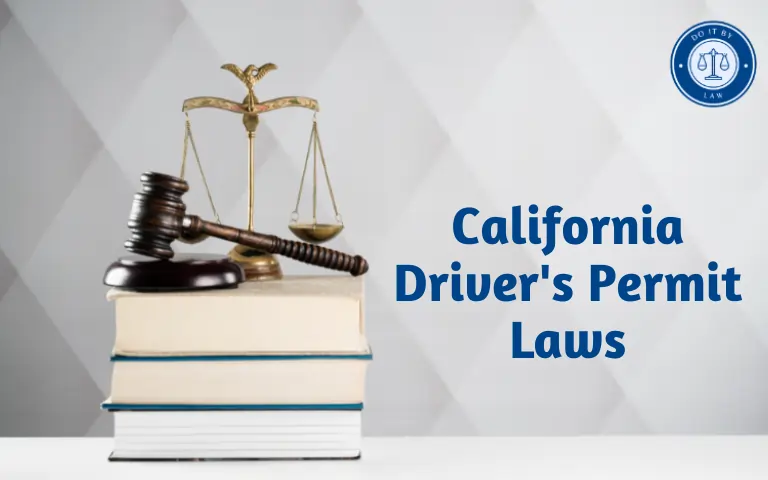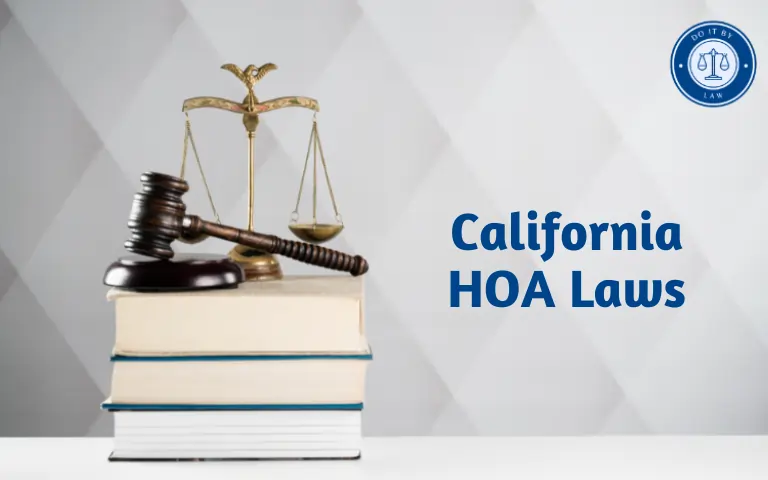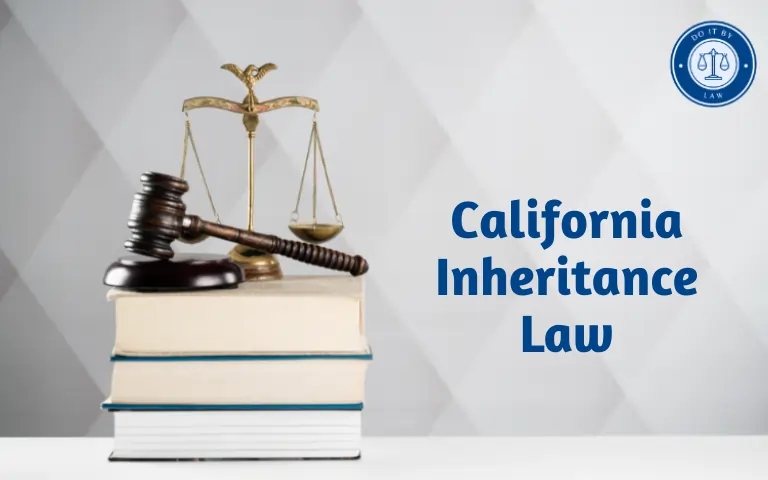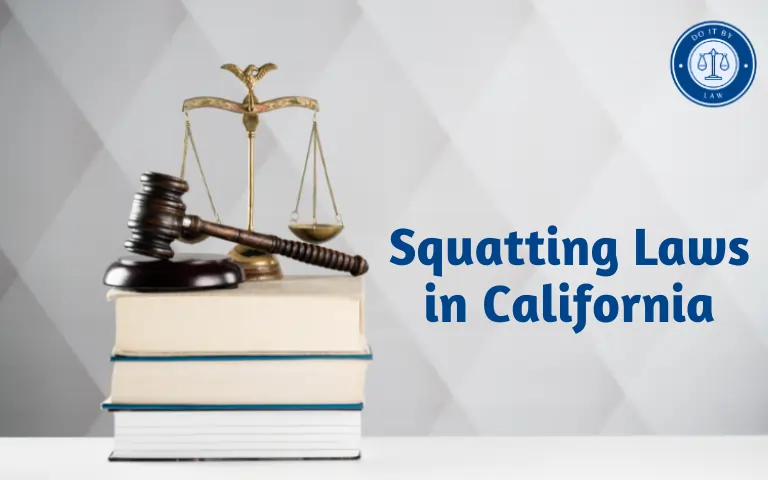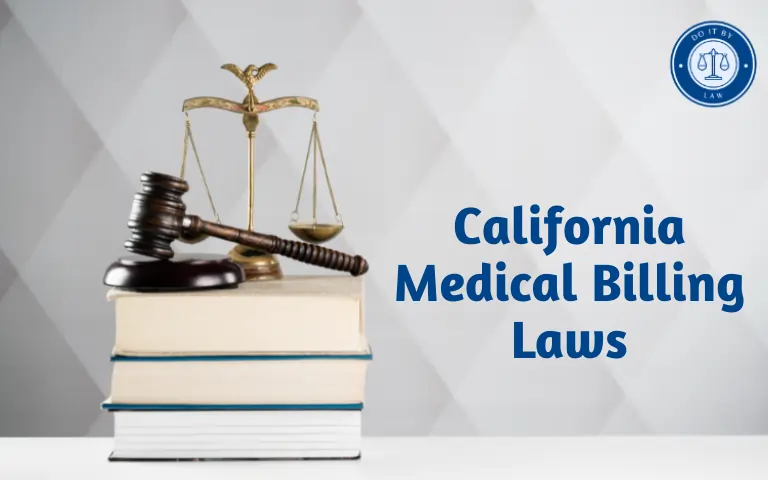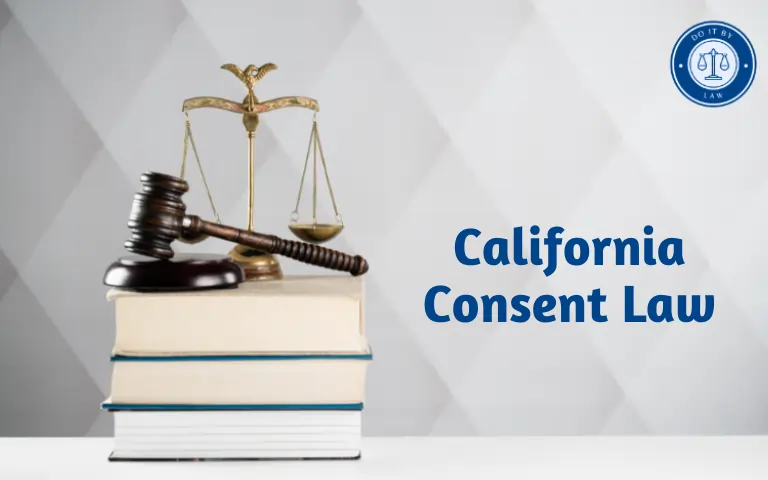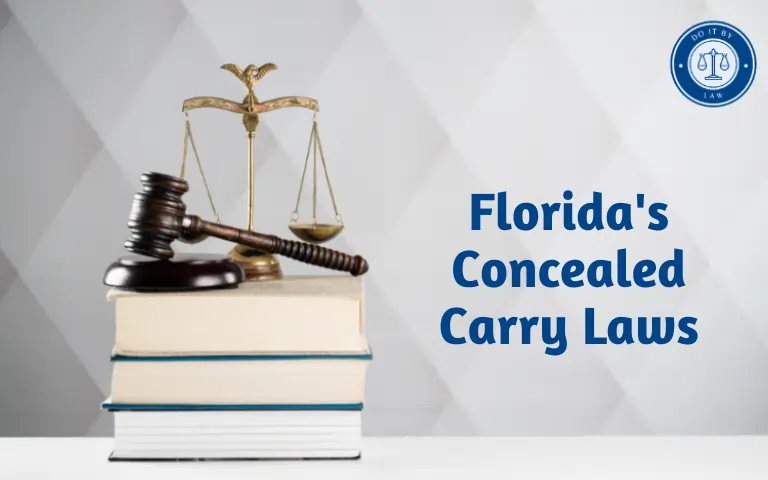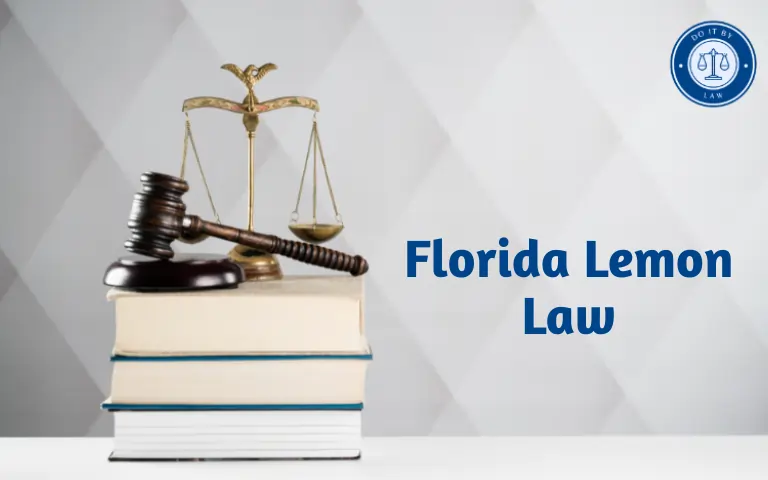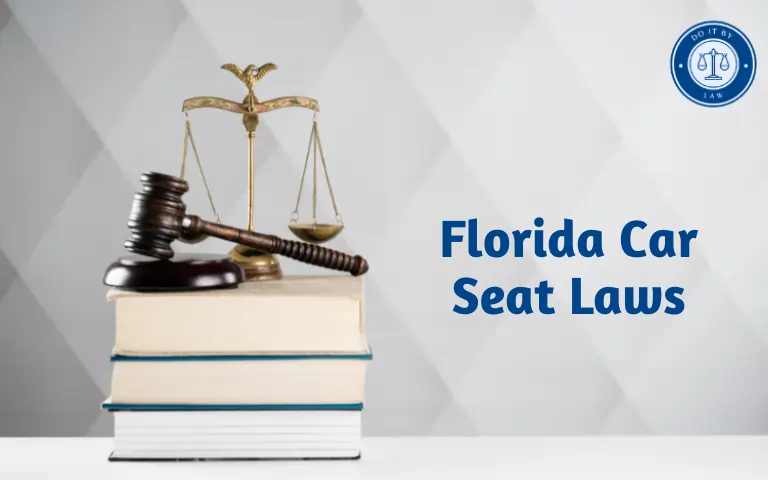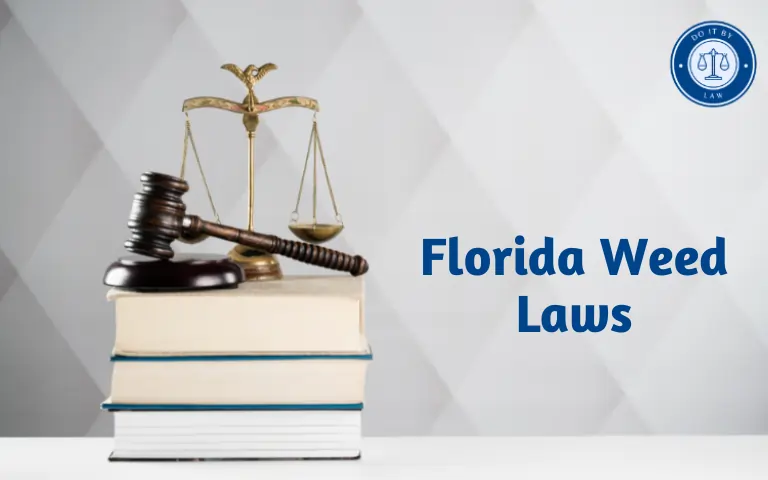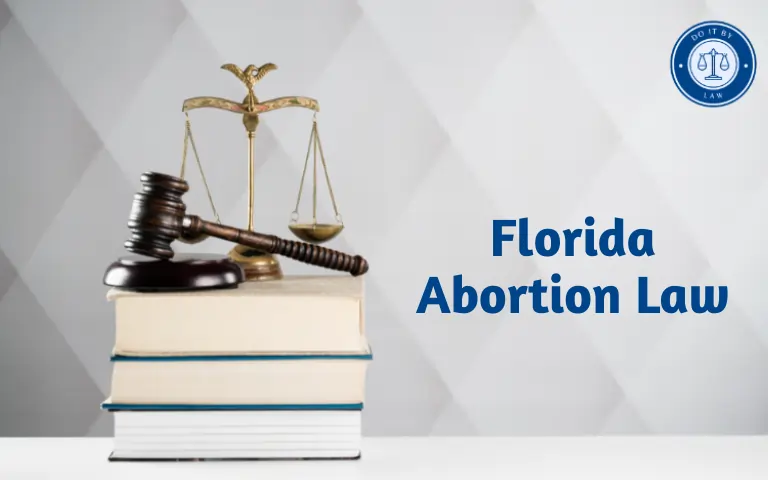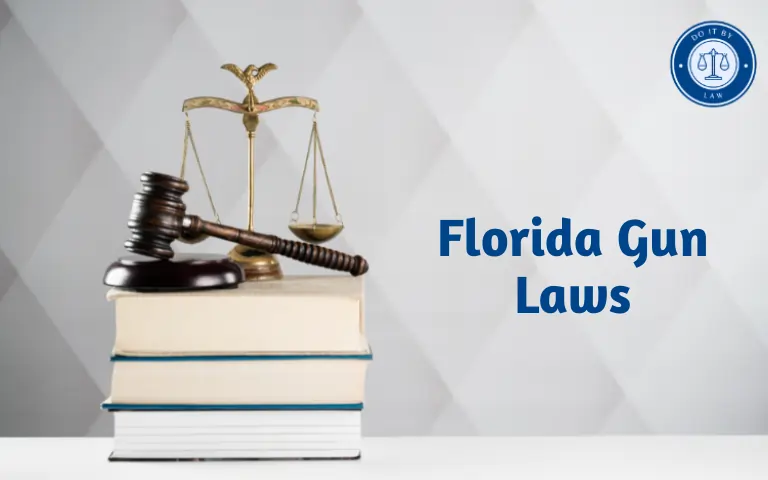Explore Legal Issues with DoItByLaw
Whether you are dealing with a legal issue or want to learn more about a certain legal matter, exploring Doitbylaw’s legal topics is a great place to start.
Lemon Law Guide: Know Your Rights with Defective Vehicles
Have you purchased a new car that’s plagued with constant breakdowns and endless repairs? You might have a “lemon” on your hands. Don’t worry; lemon laws are designed to protect consumers like you. In this blog, we’ll unravel the complexities of lemon laws, explain your rights, and guide you through the process of seeking the compensation you deserve.
When life gives you lemons, you’re told to make lemonade. But what if life gives you a “lemon” car? The term “lemon” refers to a new vehicle with persistent defects affecting its safety, value, or use. Fortunately, Lemon Laws exist to protect consumers from such sour deals.
These laws ensure that if your vehicle is under warranty and fails to meet standards of quality and performance, you are entitled to legal remedies. This blog post will peel back the layers of Lemon Law, from its citrusy history to the juicy details of your consumer rights and the zestful steps you can take towards resolution.
What is Lemon Law?
A Lemon Law is a consumer protection law that provides remedies for consumers who purchase vehicles or other items that fail to meet standards of quality and performance. It requires the manufacturer or seller to repair, replace, or refund the cost of the product if it’s found to be defective.
- Lemon laws are consumer protection laws specifically designed for defective products, mainly vehicles.
- They exist in most US states (and some other countries), though the specifics vary by location.
- The core idea is that if you purchase a car (or sometimes other products) with substantial defects that can’t be fixed after a reasonable number of repair attempts, you have legal backing to get a replacement or refund.
Key Points About Lemon Laws:
- “Lemon” Definition: A vehicle (or other product) is typically considered a “lemon” if it has defects that substantially impair its use, value, or safety.
- Covered Products: Primarily new cars, but can sometimes cover used cars, motorcycles, RVs, and other consumer goods depending on your state’s laws.
- Repair Attempts: Most states require a certain number of unsuccessful repair attempts by the manufacturer or dealer before a product qualifies under the lemon laws.
- Manufacturer’s Obligations: If your product is deemed a “lemon,” the manufacturer is usually obligated to either replace it with a comparable one or provide you with a refund.
- State-Specific: The details of lemon laws vary significantly from state to state, so it’s essential to research the laws in your specific location.
types of vehicles are covered
Some states may also extend coverage to motorcycles and leased vehicles. It’s important to note that the specifics can vary from state to state, and some Lemon Laws may only apply to new vehicles, while others might also include used vehicles under certain conditions. For the most accurate information, it’s best to consult the Lemon Law provisions specific to your state.
Primarily Covered:
- New Cars, Trucks, and SUVs: This is the core category that lemon laws are designed for. New vehicles purchased from dealerships should be covered.
- Motorcycles: In many states, new motorcycles are also protected by lemon law statutes.
Sometimes Covered (Depends on State):
- Used Cars: Some states have lemon laws that apply to used cars, but often with certain conditions:
- Must be purchased from a licensed dealership
- Might still be under the original manufacturer’s warranty
- May have limits on mileage and age of the vehicle
- RVs and ATVs: Certain states may extend lemon law protections to recreational vehicles like RVs or to ATVs.
- Leased Vehicles: Leased vehicles can fall under lemon laws as well, though the compensation process might differ slightly from a purchased vehicle.
Latest Post
- Divorces and Asset Disputes: Protect Your Wealth
- Witness Statements: Boost Your Case Now
- Cohabitation Agreement: Protect Your Future
- Cohabitation Laws Explained: State-by-State Guide
- Substantial Evidence: Legal Proof & Examples
- Notarized Affidavit: Secure Your Rights Fast
- Common Law Marriage Affidavit: Key Steps & Forms
- The Abolition of Common Law Marriage Laws: What You Need to Know
- Legal Relationship Status: Types, Meaning & Laws

